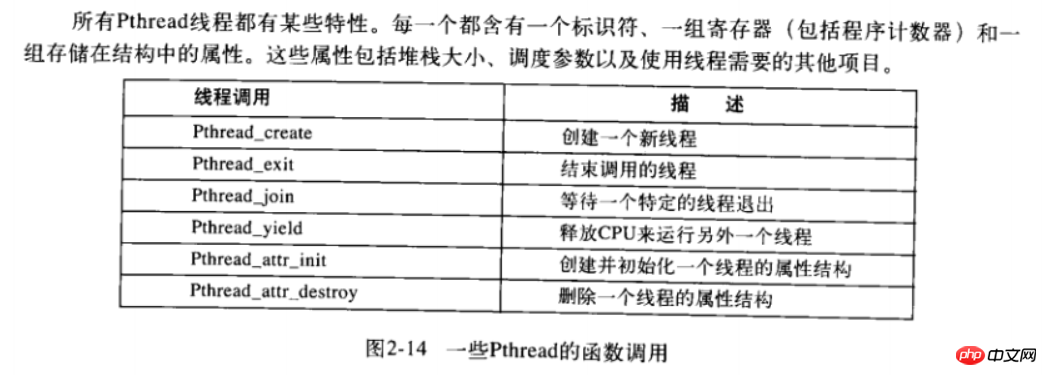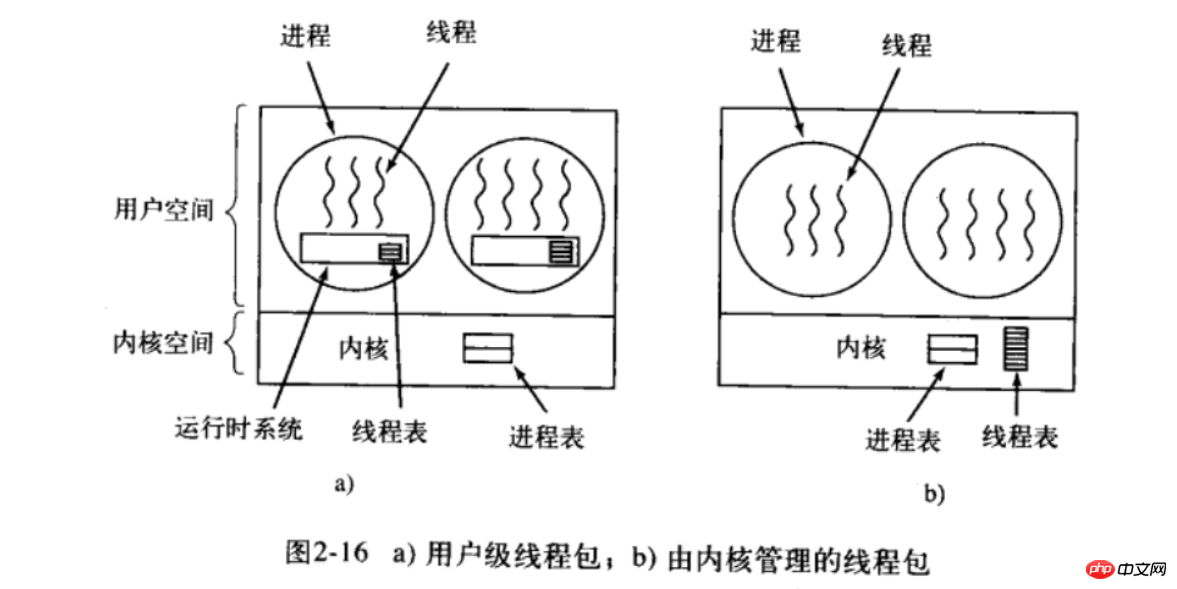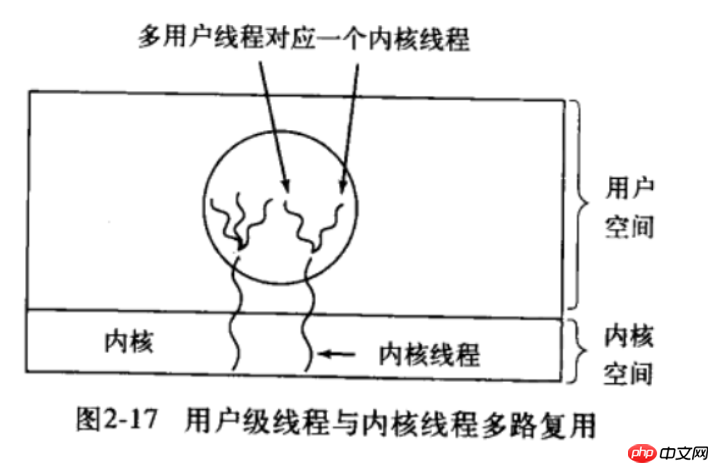
Thread is also called a mini-process. Threads are lighter than processes and easier to create. Switching is easier. If there are a lot of intensive calculations and IO operations. Having multiple threads allows these activities to overlap.
example. When we use word processing software to process text, there will be multiple threads. A gui interface that interacts with the user. One is to handle automatic backup of files. If it is single threaded. When backing up, keyboard operations are ignored. Not user friendly.

The process has a thread of execution, in which there is a program counter, registers, and stack records historical record. Processes are used to bring resources together, and threads are the basic unit of CPU scheduling.

The data on the left is the content in the process, which is shared by all threads, and the data on the right is the content in a single thread, shared with other threads No sharing
When a thread completes its work, exit through (thread_exit)
When another common thread calls (thread_yield), it allows the thread to automatically give up the CPU and let another thread run
In order to implement portable programs. IEEE has developed standards for threads.

Implement threads in user space. Put the entire thread in user space. The kernel knows nothing.

User-level threads can use users to implement their own scheduling algorithms.
Threads are implemented in the kernel. Use system calls. The thread table is stored in the kernel. The cost of creating and destroying threads in the kernel is very high. So use the flag to make this thread non-runnable.
Hybrid implementation

The kernel identifies kernel threads and schedules them. Some kernel threads are reused by multiple user threads.
The above is the detailed content of Understanding of threads in operating system knowledge. For more information, please follow other related articles on the PHP Chinese website!
 The difference between threads and processes
The difference between threads and processes What are the video server configuration parameters?
What are the video server configuration parameters? Introduction to linux operating system
Introduction to linux operating system Main uses of Linux operating system
Main uses of Linux operating system The role of linux operating system
The role of linux operating system What is the difference between database views and tables
What is the difference between database views and tables How to open the download permission of Douyin
How to open the download permission of Douyin How to read a column in excel in python
How to read a column in excel in python



